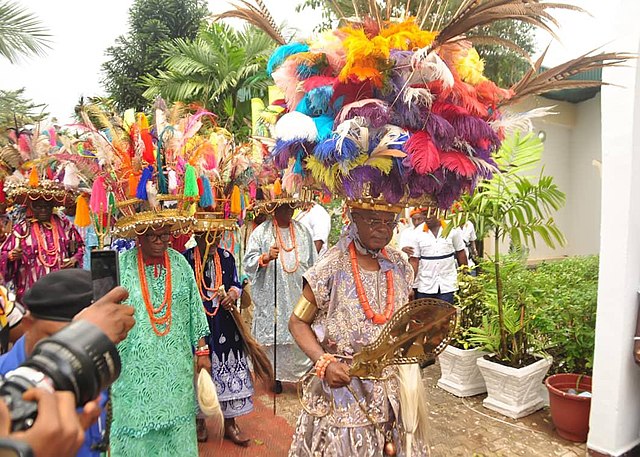‘States share N22.9b ecological fund in five months’
A civil Society Organisation (CSO), Connected Development (CODE), has raised the alarm that several states are still holding on to local council allocations despite a Supreme Court ruling mandating their full release.
The organisation, through its Follow The Money initiative, during a media briefing yesterday, in Abuja, on its 13 years of operations, said that it had tracked over N400 billion in public funds across Nigeria and 12 African countries.
It would be recalled that on July 11, 2024, the apex court ruled that local councils must receive their allocations directly from the Federation Account, describing the long-standing practice of routing the funds through state governments as unconstitutional.
In response, the Federal Government constituted an inter-agency panel to oversee the implementation of the ruling and directed the Central Bank of Nigeria (CBN) to open individual accounts for each of the 774 local councils to facilitate direct disbursements.
But the Secretary-General of Follow The Money International, Mukhtar Halilu, who spoke on the issue, said that the process remains largely unimplemented. He said many citizens were unaware of the funds released to their local councils, making it easier for state governments to continue diverting or withholding the allocations.
Halilu said that the organisation had launched a Citizen Neighbourhood Watch campaign to educate residents on how much money is released to their councils and empower them to monitor the use of such funds.
Also speaking, Chief Executive Officer of CODE, Hamzat Lawal, recounted the organisation’s journey from the 2012 Save Bagega campaign to a continental movement known for holding governments accountable.
He said: “We have worked in over 3,000 communities across Nigeria and 12 African countries, giving citizens the tools to hold their leaders accountable. We have tracked over N400 billion in budgeted funds, ensuring they translate into schools, hospitals, water, and critical infrastructure. “Our work has not been easy. We have faced resistance, intimidation, and the difficult terrain of advocating for accountability in a system that often thrives on opacity. But through it all, we have remained consistent and resilient, building trust with citizens, government, civil society, and international partners.”
MEANWHILE, the National Bureau of Statistics (NBS) has said that the 36 states received N22.90 billion as ecological fund from the Federation Account Allocation Committee (FAAC) between January and May 2025.
According to him, the ecological fund is a component of Nigeria’s federal revenue allocation designed to tackle environmental challenges, such as erosion, desertification, flooding, oil spills, and drought.






